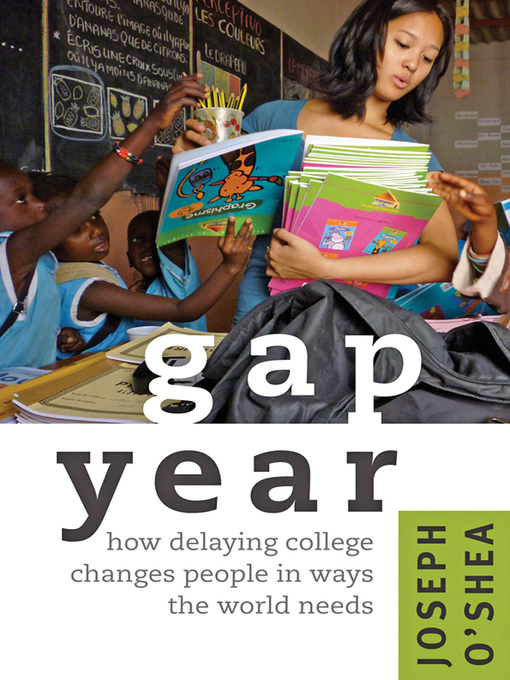The first study of how the gap year can make young people more effective students and better citizens.
With some of the most prestigious universities in America urging students to defer admissions so they can experience the world, the idea of the gap year has taken hold in America. Since its development in Britain nearly fifty years ago, taking time off between secondary school and college has allowed students the opportunity to travel, develop crucial life skills, and grow up, all while doing volunteer work in much-needed parts of the developing world.
Until now, there has been no systematic study of how the gap year helps students develop as young scholars and citizens. Joseph O'Shea has produced the first empirically based analysis of a gap year's influence on student development. He also establishes a context for better understanding this personal development and suggests concrete ways universities and educators can develop effective gap year programs.

